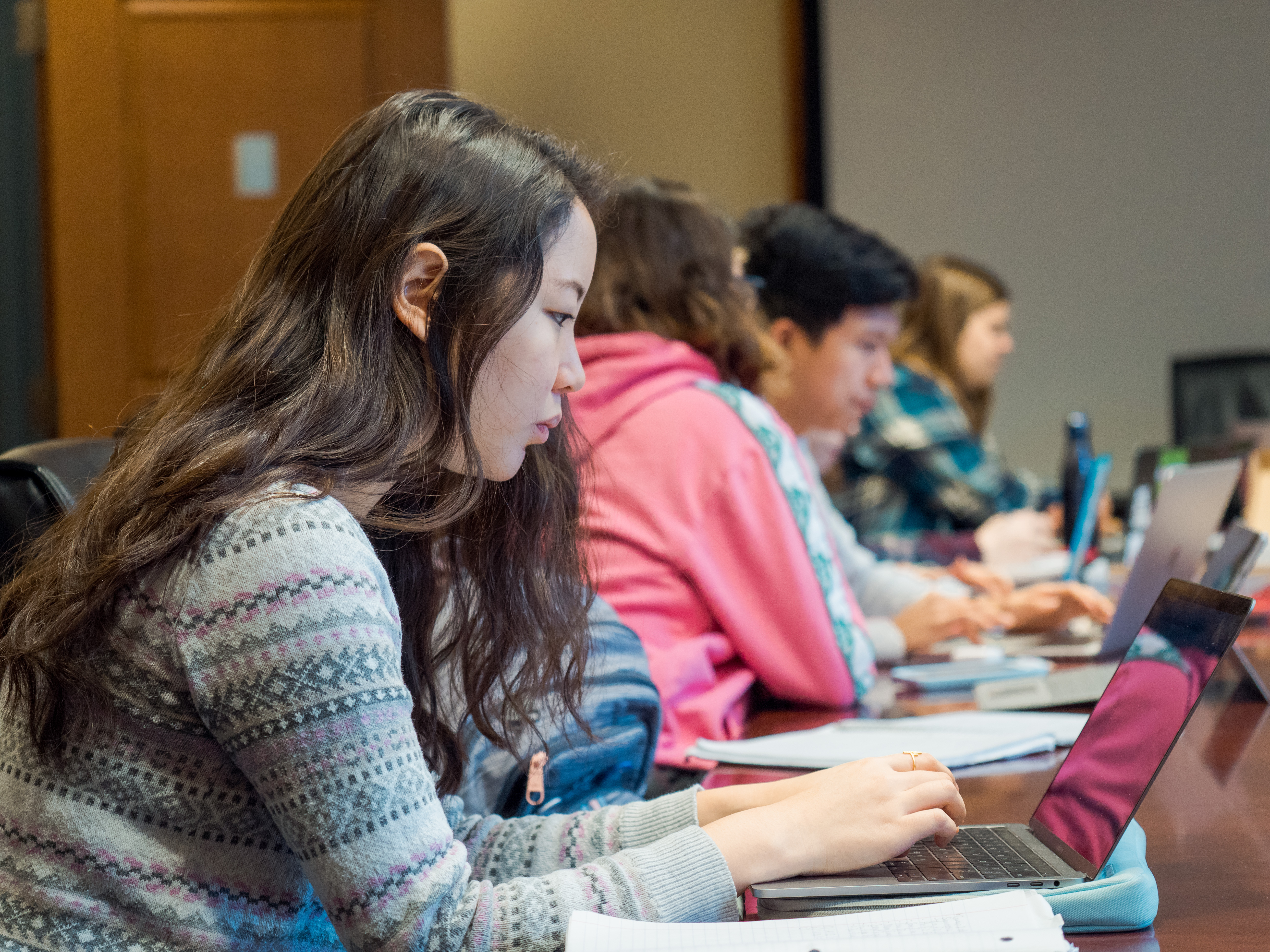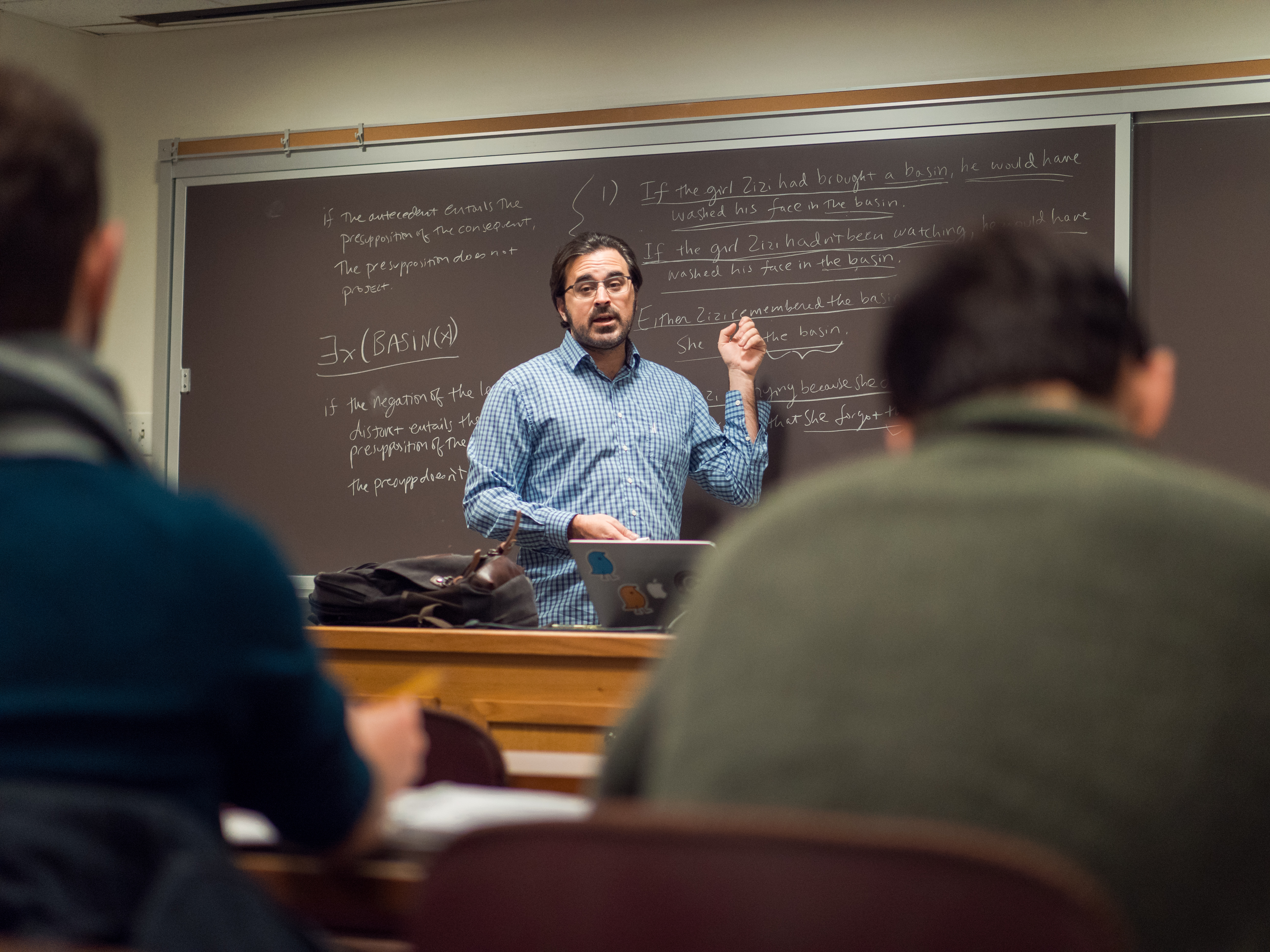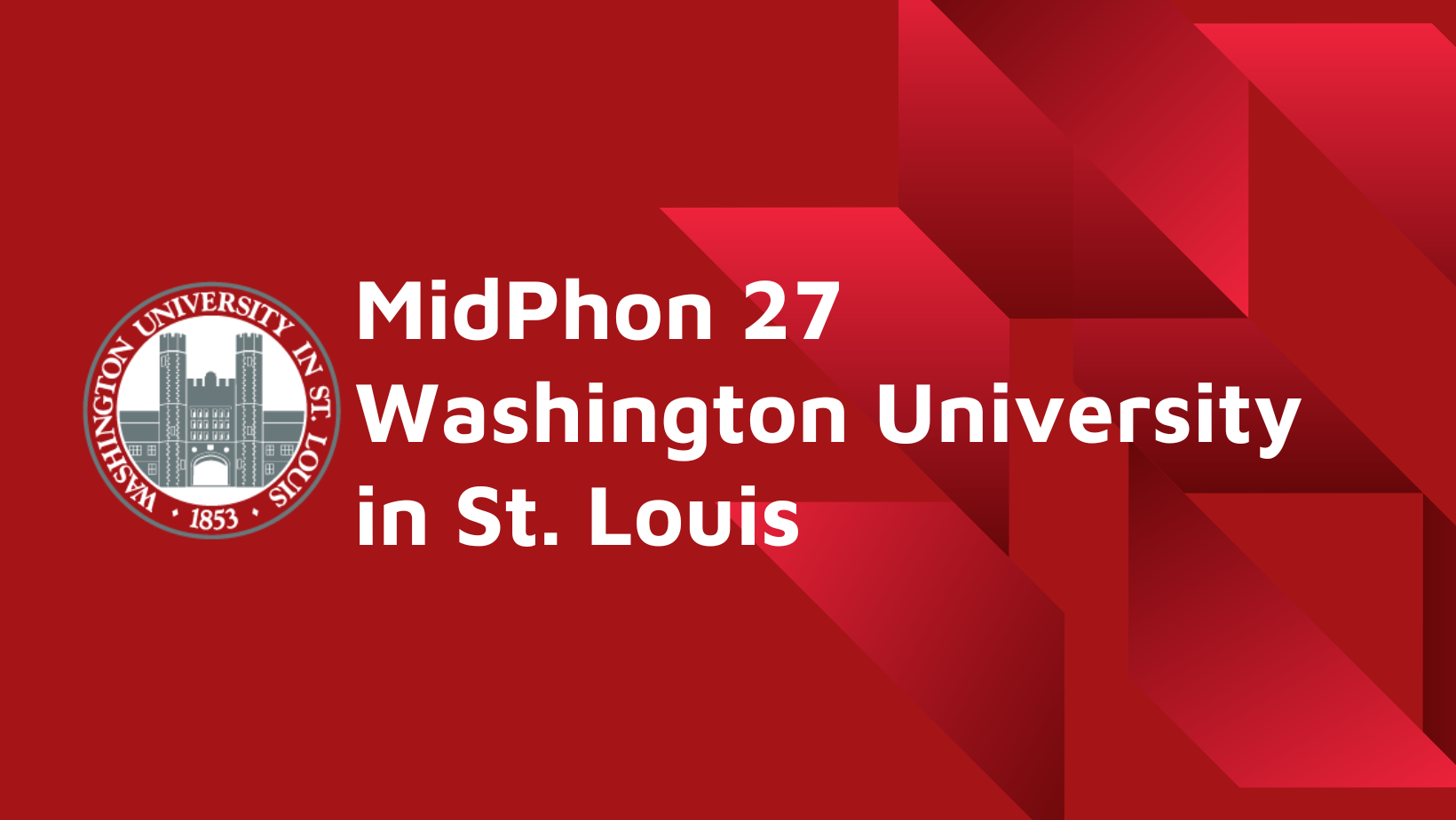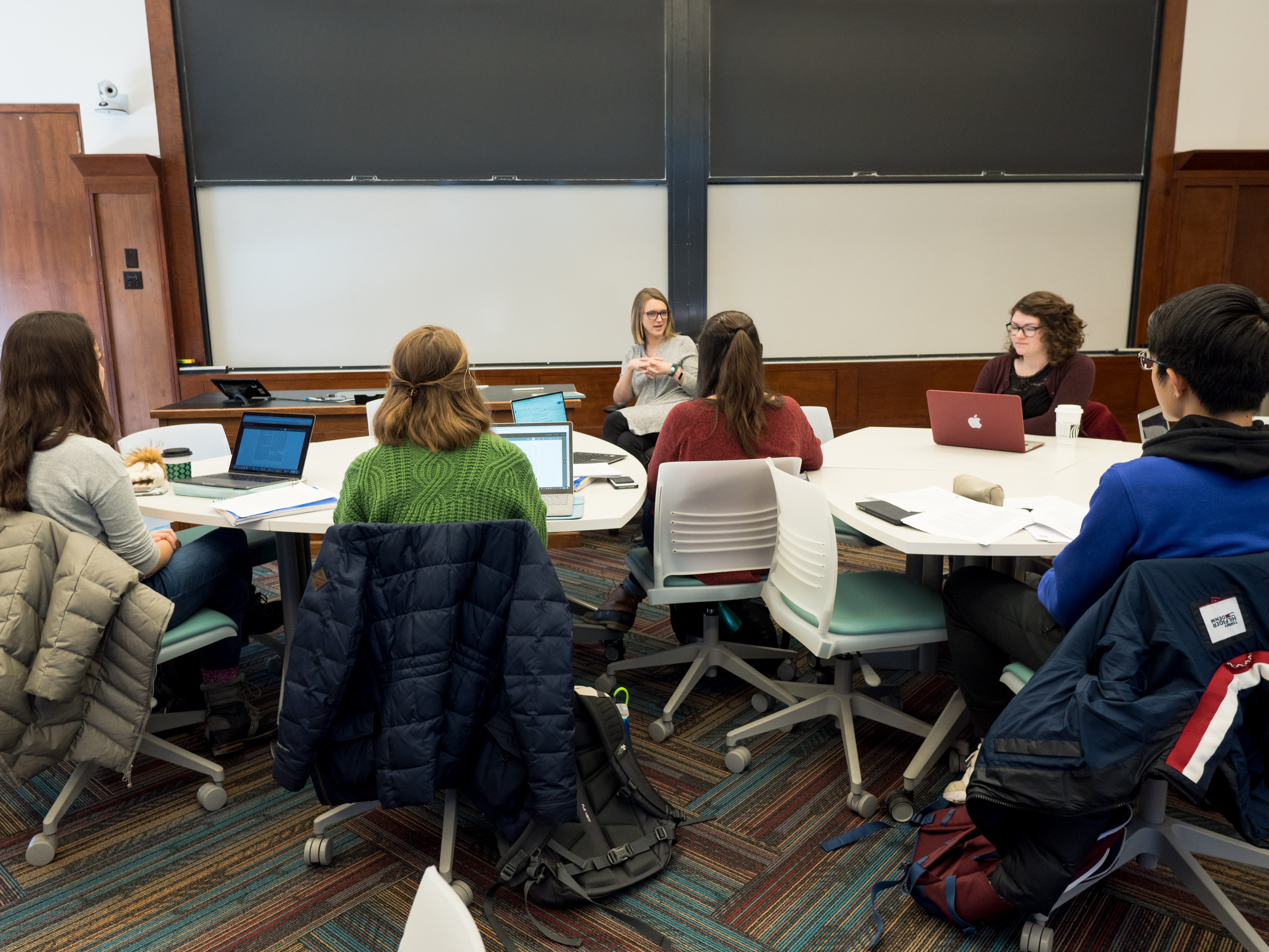
About Our Program
In ordinary discourse, a linguist is a person who has mastered many languages, and linguists quickly get used to being asked how many languages they can speak. But in academia, linguists study languages not because they wish to speak them fluently, but because they wish to understand the nature of Language in general.
Human beings have a remarkable ability to learn languages: most of us are reasonably fluent speakers by the time we are five or six. But precisely because language comes so naturally to us, we have little explicit understanding of how or why language works the way it does: we feel that we just know how to speak. Linguists strive to uncover the hidden structure of human language and to explain how we humans can discuss any imaginable topic by combining a few dozen basic sounds. The core of the Linguistics program is the study of the form language takes. We examine how words are built up from sounds, how sentences are built up from words, and how all this structure manages to communicate meaning. With a good understanding of these formal properties, we can pursue other questions about language. How does language change over time? Do diverse languages have more in common than meets the eye? What functions does language play in society? What is its relation to thought? What are its biological and psychological underpinnings? And just how do children manage to acquire language so well in the first place?
Linguistics takes a scientific approach to the study of language and develops skills in data analysis and scientific experimental methods. Linguistics students may or may not speak many languages, but they will definitely learn how to collect and analyze data about languages in an effort to answer these questions.
upcoming
events
See More Events
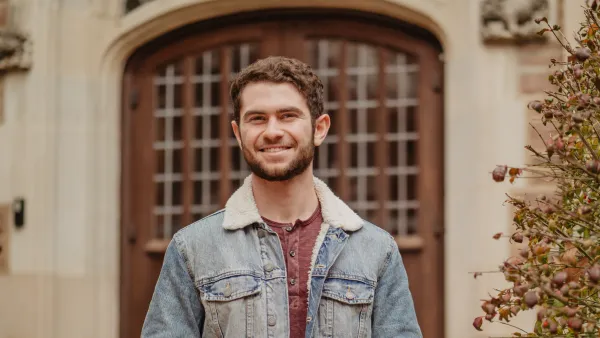
"Linguistics gives me the tools to understand the manner in which we, as humans, describe the world around us through the language we speak. Much like math or physics and the physical world, breaking down human expression sheds a new light on the constructed metaphysical world which we create with discourse."
― Zachary Glabman Class of ’22
